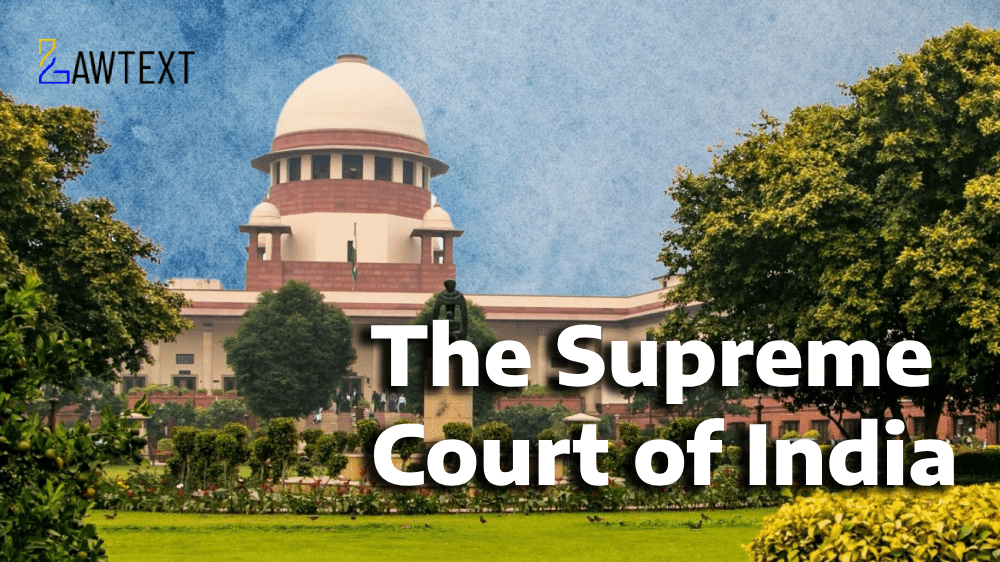Case Note & Summary
Legal case involving the Municipal Committee, Katra, and a bidder, the respondent, regarding a contract for supplying mules and labor for pilgrim transportation. The respondent challenged the conditions of the contract after winning the bid, leading to litigation. The High Court intervened, directing the issuance of a work order to the respondent. However, due to delays caused by the respondent's actions, the contract commenced later than planned. Consequently, the respondent sought compensation for the shortened contract period. The court proceedings involved interpretation of contract clauses, the legality of the respondent's actions, and the jurisdiction of the High Court to award damages in a contractual dispute.
Background and Dispute Introduction:
The appellants seek to challenge a judgment regarding a dispute over a contract for supplying mules and labor for pilgrim transportation.Controversy:
The central issue is whether the High Court had jurisdiction to entertain a civil dispute regarding contractual obligations and claims for damages.Contract Details and Dispute:
Details of the contract, including bid requirements and the respondent's bid. Dispute arises when respondent challenges contract clauses and delays the contract's commencement.Legal Proceedings:
Timeline of legal actions, including civil suits and appeals. High Court interventions and directions regarding the contract dispute.Single Judge's Decision:
Single Judge's findings regarding the respondent's failure to comply with contract terms. Recognition of the respondent's reduced work period and claim for compensation.Appeal Arguments:
Appellants argue respondent's responsibility for delays and the High Court's jurisdictional overreach. Respondent argues for equitable relief and compensation for the shortened contract period.Court's Analysis and Decision:
Court analyzes the principle of not benefiting from one's own wrong. Discussion on respondent's participation in the tender process and subsequent legal actions.Conclusion:
Court quashes previous judgments, citing lack of jurisdiction and illegality. Appeals are allowed, with no costs awarded.The legal dispute, including contract details, legal proceedings, court decisions, and arguments presented by both parties. Ultimately, the court rules in favor of the appellants, setting aside previous judgments.
Issue of Consideration: Municipal Committee Katra & Ors. vs Ashwani Kumar
Premium Content
The Issue of Consideration is only available to subscribed members.
Subscribe Now to access critical case issues





